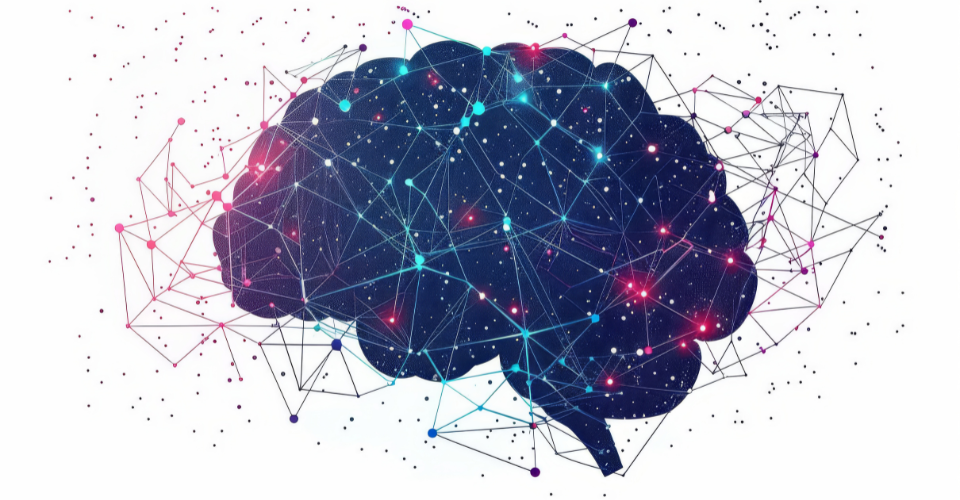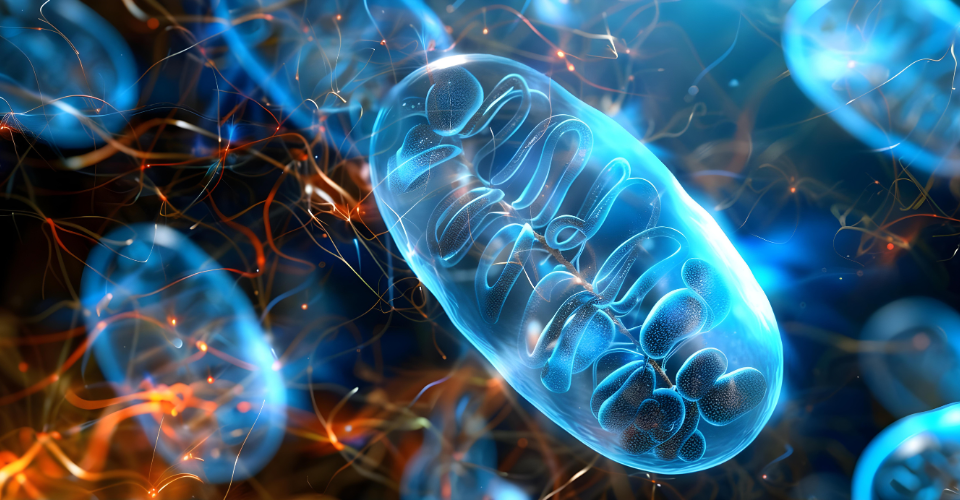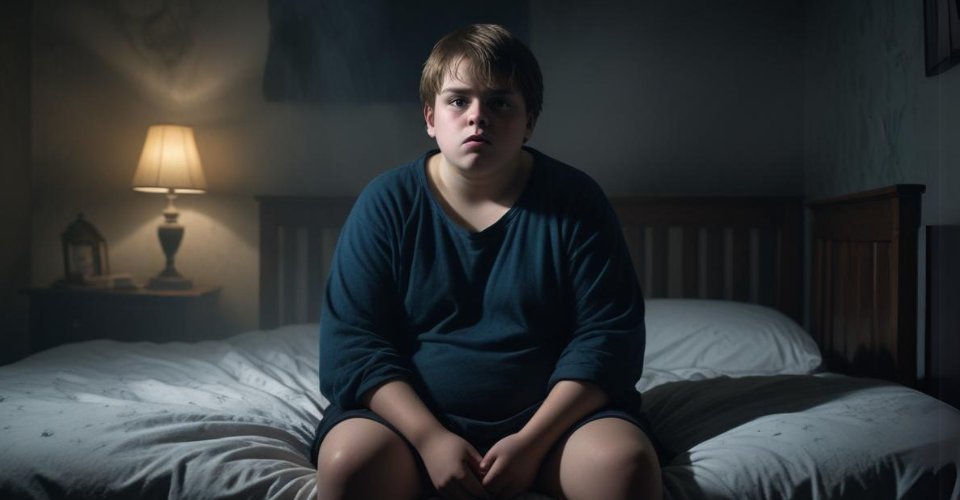Psychology News
Researchers at the University of Hertfordshire, the U.K., explored the link between paranormal beliefs and cognitive function. The study is published in PLOS ONE.
The Study
The research team reviewed 71 published and unpublished doctoral theses belonging to the period 1981–2020 to understand how belief in paranormal phenomena is influenced by brain functions. They specifically explored how cognitive dysfunction strengthened supernatural beliefs associated with psychokinesis, hauntings, clairvoyance, etc.
The Findings
The results showed that beliefs in paranormal phenomena are associated with differences or deficits in cognitive function. For instance, it was found that, like devout believers, paranormal believers have weaker cognitive inhibitions and overconfidence in recollection. However, no specific profile of cognitive functioning for paranormal believers could be drawn up.
The authors, nonetheless, enthusiastically added: “Four decades of research suggests that belief in the paranormal is linked to our degree of cognitive flexibility and fluid intelligence; however, methodological improvements in future research are required to further our understanding of the relationship.”
To Know More You May Refer To
Dean, C. E., Akhtar, S., Gale, T. M., Irvine, K., Grohmann, D., & Laws, K. R. (2022). Paranormal beliefs and cognitive function: A systematic review and assessment of study quality across four decades of research. PloS one, 17(5), e0267360. https://doi.org/10.1371/journal.pone.0267360



























